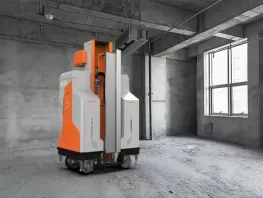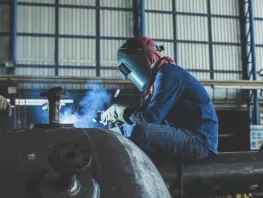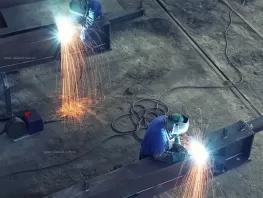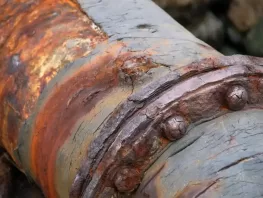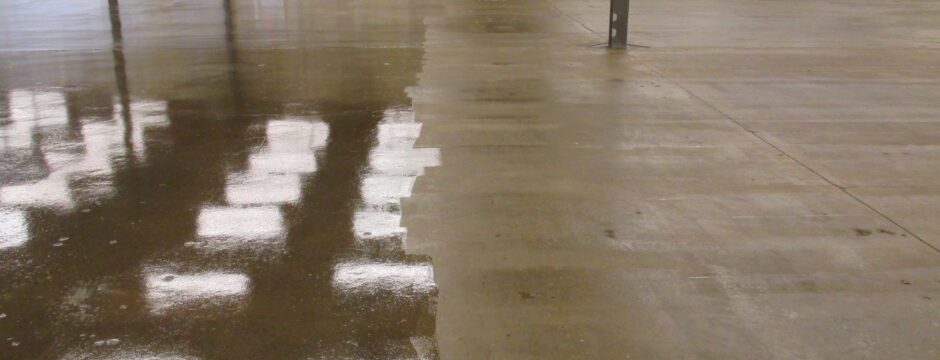
What Most Flooring Contractors Won't Tell You About Floor Coatings
Posted Oct 30, 2023 by Dave Scaturro

What Most Flooring Contractors Won't Tell You About Floor Coatings
When it comes to floor coatings, it's easy to get caught up in the excitement of enhancing your floors. Whether you're upgrading your garage, warehouse, or commercial space, floor coatings offer durability, aesthetics, and protection. However, there are a few things that most flooring contractors won't necessarily disclose but are crucial for you to know before embarking on your coating journey. Here, we uncover these lesser-known aspects to help you make informed decisions.
1. Preparation is Key
While the end result of beautifully coated floors is what catches your eye, the real magic happens during preparation. Surface preparation is the foundation of a successful coating project. It involves cleaning, repairing cracks, and ensuring the substrate is smooth and properly primed. Skipping or rushing this step can lead to coating failures, such as peeling, bubbling, or poor adhesion.
2. It's Not a One-Size-Fits-All Solution
Floor coatings come in various types, each designed for specific purposes. Epoxy, polyurethane, and polyaspartic coatings, for instance, serve different needs. Epoxy is excellent for heavy-duty spaces, while polyurethane offers UV resistance and flexibility. Polyaspartic coatings cure quickly, making them ideal for fast-turnaround projects. Your contractor should guide you in choosing the right type for your space.
3. Proper Ventilation is Crucial
Many floor coatings release volatile organic compounds (VOCs) during application. These compounds can be harmful if inhaled in large quantities. Adequate ventilation during the application process is essential. Flooring contractors should ensure that the workspace is well-ventilated to protect both workers and the environment.
4. Not All Coatings are Chemical-Resistant
If you're considering floor coatings for an area prone to chemical spills or exposure, not all coatings are created equal. While some coatings offer excellent chemical resistance, others may deteriorate when exposed to certain chemicals. It's vital to communicate your specific needs with your contractor to ensure they recommend a coating that can withstand the chemicals in your environment.
5. Durability Depends on Maintenance
Floor coatings, no matter how durable, require proper maintenance to live up to their longevity claims. Heavy traffic, spills, and wear and tear will impact the coating's lifespan. Regular cleaning, addressing spills promptly, and periodic maintenance will extend the life of your coated floors.
6. DIY May Not Be the Best Approach
Some floor coating products are marketed as suitable for DIY projects. While it's possible to apply simpler coatings yourself, more complex systems, like epoxy chip or metallic coatings, are best left to professionals. Achieving a flawless finish requires experience, proper equipment, and an understanding of the coating's characteristics.
7. The True Cost Goes Beyond Material
When budgeting for a floor coating project, remember that the true cost includes more than just the coating material itself. Surface preparation, labor, equipment, and potential downtime during application should all be factored in. Cheaper coatings may save you money upfront but could end up costing more in the long run due to maintenance or premature failure.
8. Warranty Terms Vary
Floor coating warranties vary between manufacturers and contractors. It's essential to understand what your warranty covers and its duration. Be sure to ask your contractor about the warranty terms and what maintenance or conditions might void it.
While floor coatings offer a fantastic solution for improving the look and functionality of your floors, there are important details that your flooring contractor might not always disclose. Being aware of these aspects will help you make informed decisions and ensure a successful floor coating project. Proper preparation, choosing the right coating for your needs, and understanding maintenance requirements are all key factors in achieving long-lasting, beautiful coated floors.
